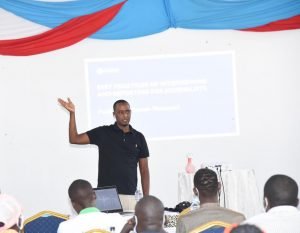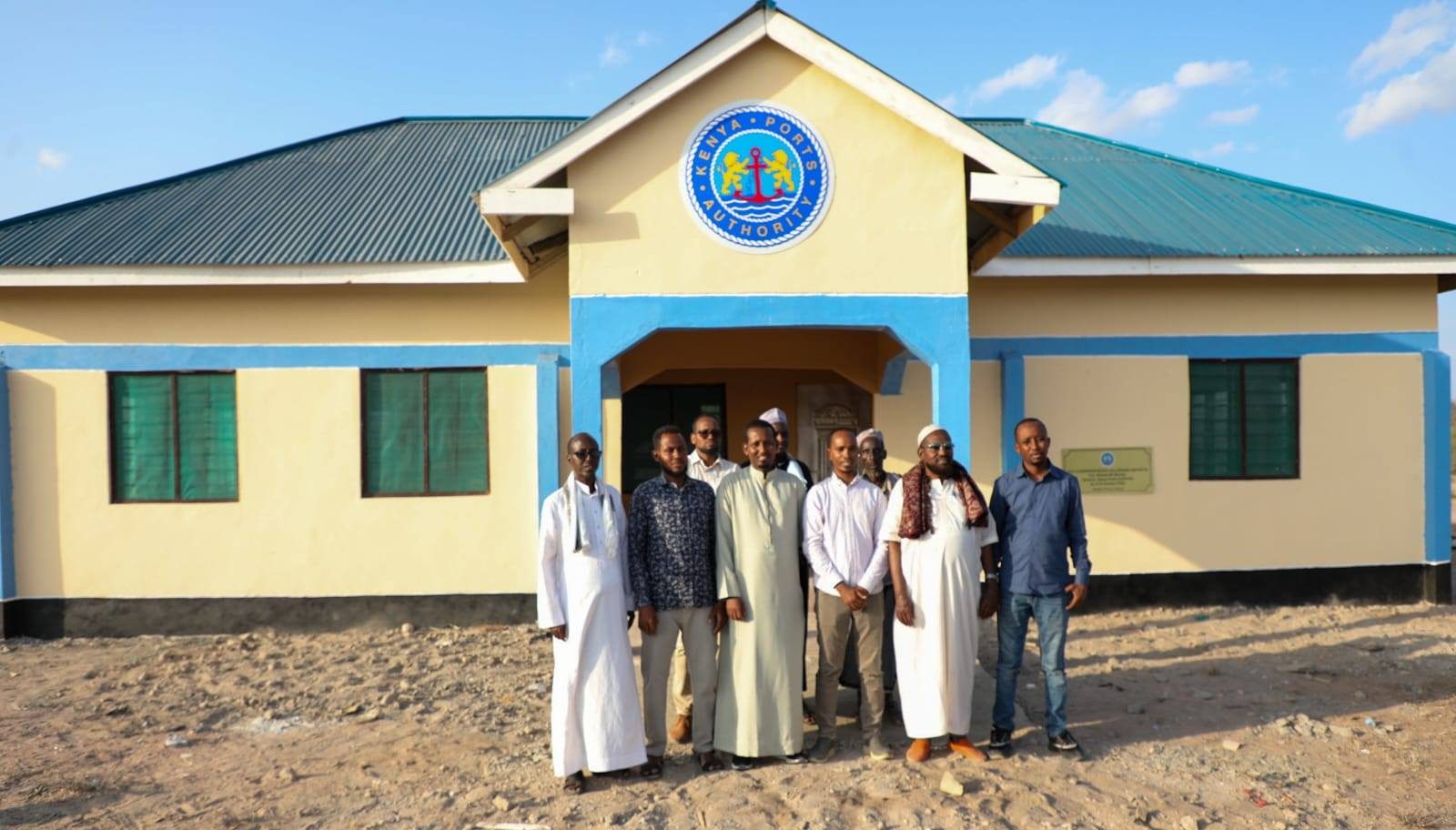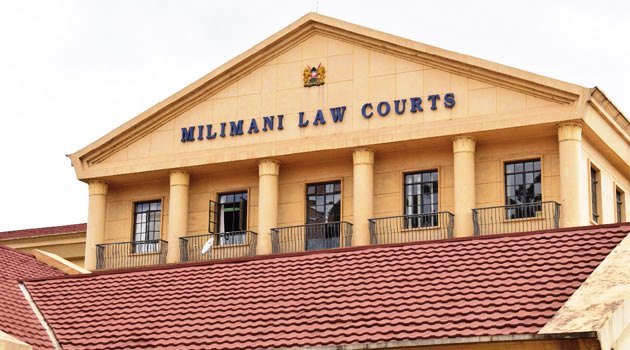By Malachi Motano
United States Agency for International Development (USAID) is training journalists and senior officials in the government of Turkana on the role of communication in supporting the county in resilience programming.
The training aims at establishing and understanding the existing county capacities, gaps and opportunities in strengthening strategic communications functions for resilience, seeking to establish a roadmap to strengthen the County Government Strategic Communication and knowledge management functions.
It also seeks to explore the process of institutionalizing knowledge management and strategic communications as a core function in resilience programming at the county level through the development and implementation of communication strategies.
“The outcomes of what we do as a County Government depends largely on communication. Wrong communication leads to wrong decision-making,” said Deputy County Secretary, Robert Loyelei, adding that communication is important for the sustainability of projects.
The USAID Resilience Learning Activity Head, Dr. Hudson Aluvanze, decried the manner in which public participation is conducted, saying it was in many instances conducted for compliance purpose and not to get the views of the public in order to include them in decision-making.
Former Media Council of Kenya Chairman and Strategic Communication Expert, Prof. Levy Obonyo, underscored the role of the media in realization of the Sustainable Development goals.
Prof. Obonyo said the government, media and the public must work together for the realization of these goals.
He cited government oppression, commercial interest, state control and self-censorship as some of the challenges facing the media in its quest to push the country’s development agenda.
Former Citizen TV Journalist and Communication Consultant, Hussein Mohamed emphasized the role of data in enhancing reporting by using statistics.
Mohamed, at the same time, challenged journalists to take advantage of the digital media revolution to grow their careers.
“Journalists should look at the digital media revolution as an opportunity and not as a threat. It has created more platforms for journalists to share content and make a living at the same time,” said Mohamed.







